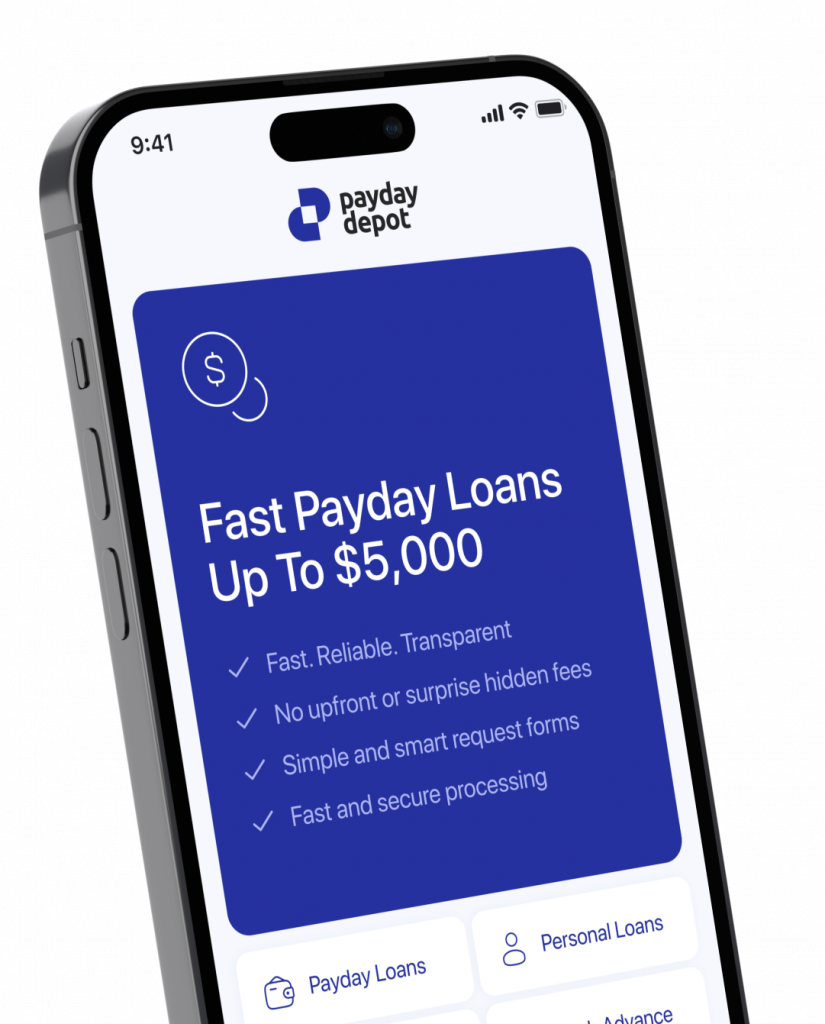Escrow
Escrow is a financial arrangement involving a third, independent party (the escrow agent) who holds funds to be transferred from one party to another upon fulfilling specific contract conditions. This arrangement protects both parties from fraud or failure to meet agreed-upon obligations. It safeguards the seller from not receiving payment and the buyer from not receiving the goods or services they need. For example, when someone buys a house, the seller guarantees the transfer of the property in good condition. The buyer transfers the funds to the escrow agent, who then releases the funds to the seller once all conditions are met, ensuring the security of both parties. For their services, the escrow agent may receive a predetermined commission, which can be paid by one or both parties, either in equal shares or per the agreement.
How Escrow Works
A transaction with an escrow agent typically includes the following steps:
- Two parties agree on a purchase, sale, or other conditions and enter into a contract outlining each party’s obligations.
- The buyer and seller select an escrow agent, which can be a bank, a law firm specializing in such services, or a specialized escrow company. This agent must be neutral, ensuring transparent agreement execution and impartiality.
- The buyer deposits the money (or other assets) into an account controlled by the escrow agent.
- The seller or service provider fulfills their contractual obligations, such as full delivery of the goods, property, or services. For example, in a real estate transaction, the seller transfers all property documents and keys to the buyer, ensuring the property is in the agreed-upon condition. In the case of services, the buyer confirms receipt and satisfaction with the services provided.
- The escrow agent verifies that the contractual conditions have been met by checking documents, work results, and payments.
- Upon confirmation that the obligations have been fulfilled, the escrow agent transfers the funds to the seller’s account. If the conditions are not met entirely or partially, the escrow agent identifies these discrepancies and requests fulfillment of the obligations. If the seller or service provider rectifies the issues and meets the conditions, they receive the funds. If the conditions remain unmet, the escrow agent returns the buyer’s funds minus the commission for the services rendered.
Common Uses of Escrow Agreements
Real estate transactions are a classic example of using escrow agents due to the high-risk nature of these deals, where both parties seek additional security guarantees. Additionally, escrow arrangements are standard in e-commerce and when licensing patents or software (transferring intellectual property rights).
Advantages
Escrow agents protect the assets of both parties until all contractual obligations are fully and properly met. As a result, trust between the parties involved in the transaction increases, and the interaction mechanism is clear and transparent. Depending on the type of transaction and agreement, various organizations can act as escrow agents. Besides banks and specialized institutions, real estate agents (for property transactions) or online platforms (for e-commerce) can also serve as escrow agents. For example, PayPal offers escrow services for certain transactions.
